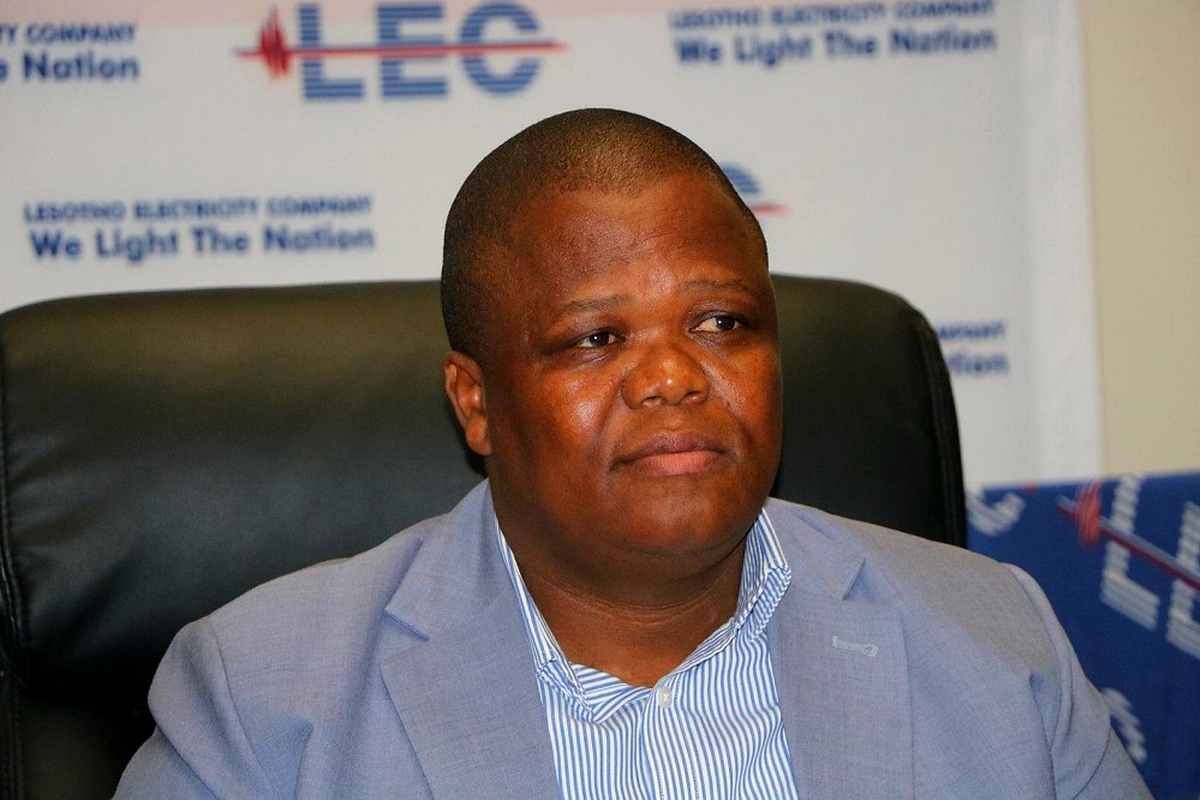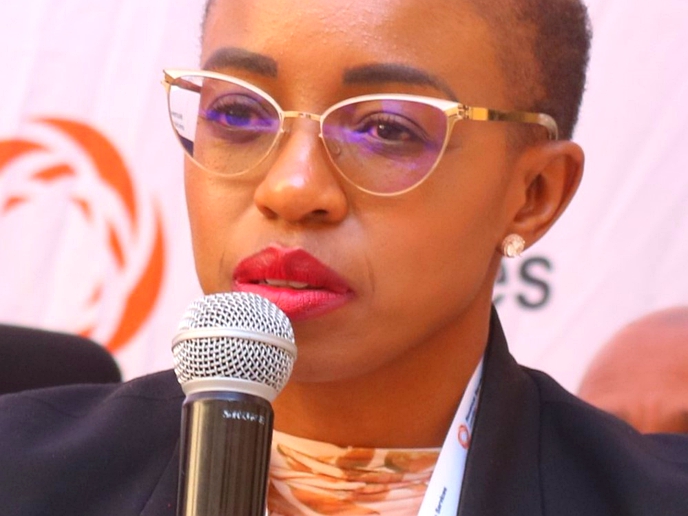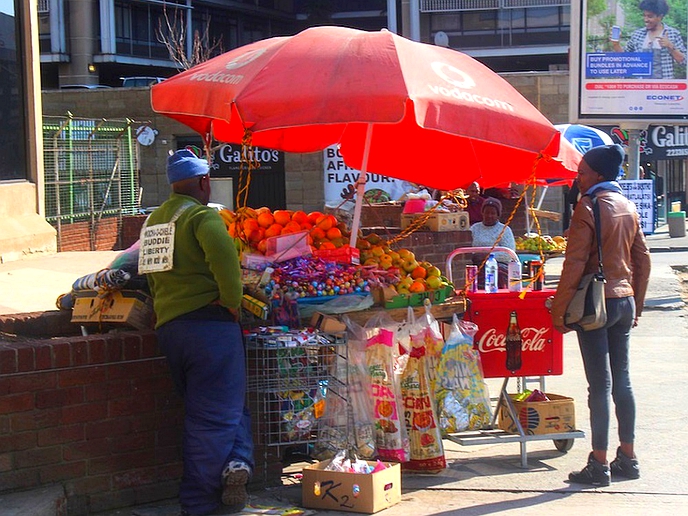THE Lesotho Electricity Company (LEC) is parting ways with its managing director, Mohato Seleke, leaving the utility firm drowning in debt of more over M240 million.
business
June 15, 2023
NEO SENOKO
4 min read
Seleke leaves LEC

LEC Managing Director, Mohato Seleke
Story highlights
The company has revealed that Seleke started serving a one-month notice effective from June 1.
“The Lesotho Electricity Company and its Managing Director Mohato Seleke have agreed to a mutual separation with effect from June 1, 2023, and the MD has started serving notice for a period of one month until June 30. The recruitment process for the position of MD will soon be expedited by the board of directors,” LEC said in a statement released on Thursday.
Seleke who is the former Chief Executive Officer of the Lesotho National Corporation (LNDC) joined LEC on January 22, 2021.
His departure comes shortly after he announced a few weeks ago that the company is struggling to collect debt estimated at above M240 million from its customers, who are virtually unwilling to pay for services.
As a result, the company is forced to import a lot of electricity from South Africa and Mozambique at increased prices, while Lesotho is currently only able to produce less than 72 megawatts of power.
Hence, the company is failing to meet the demand and could be forced to switch to load shedding as a way to safeguard the little that can be produced.
The state-owned corporation disclosed two weeks ago that household customers owe it M102 million, while the public sector owe it more than M80 million. On the other hand, the private sector owes the power utility M57 million.
On top of that, South Africa, where the LEC imports, has increased prices by 18.69 percent, thus making it extremely expensive for Lesotho to procure.
“As of April 1, South Africa increased prices by 18.69 percent, and we have already been buying at such high prices since April. Prices in Mozambique, on the other hand, are much higher than in South Africa. So it is a difficult situation for us, particularly now during the winter period,” Seleke said during a recent media briefing.
This and many other challenges could be some of the reasons he decided to vacate his post, perhaps trying to save himself from more challenges ahead.
He noted recently that the company could be forced to shut down electricity for some public and private entities if they continue to refrain from paying their debts.
LEC imports a single unit of electricity at M5.22 at peak hours during the winter period but only sells it at around M1.70 to its customers.
Seleke said consumption is particularly high in the winter due to increased demand.
In June last year, the company was using around 196 megawatts of electricity, while the country only produces around 72 megawatts from its Muela power station under normal circumstances.
Currently, however, Lesotho is operating under immense pressure, producing far less than the normal 72 megawatts due to the broken electricity turbine generator since June last year.
Only two generators are currently operating and are expected to produce enough power to serve the nation.
Enjoy our daily newsletter from today
Access exclusive newsletters, along with previews of new media releases.
The LEC has been accused by members of the public of a lack of commitment to serving the nation as well as a lack of leadership.
Some accuse the company of failing to get anything right as per its mandate.
Poor and old infrastructure and a lack of funds are some of the challenges faced by the company.
During his tenure, Seleke managed to launch a new strategy that is earmarked to assist the company in managing its affairs in the long run.
The company further entered into an agreement with the Norwegian company, Scatec, a leading renewable power producer, to build the first IPP solar project of 20 MW in Lesotho.
The Power Purchase Agreement, Connection Agreement, and Implementation Agreement were signed, marking the culmination of successful negotiations with the Lesotho Electricity Company and the Government of Lesotho.
The project will be funded by the Renewable Energy Performance Platform (REPP) and equity co-sponsors, Scatec Norfund, One Power Lesotho, Izuba Energy, and the Lesotho Pension Fund.
Scatec will build, operate, and majority own the facility under a 25-year power purchase agreement, with financial close expected early next year.
Scatec has more than 3.5 GW in operation and under construction on four continents and more than 500 employees. The company is targeting 15 GW of capacity in operation or under construction by the end of 2025.
Tailored for you






